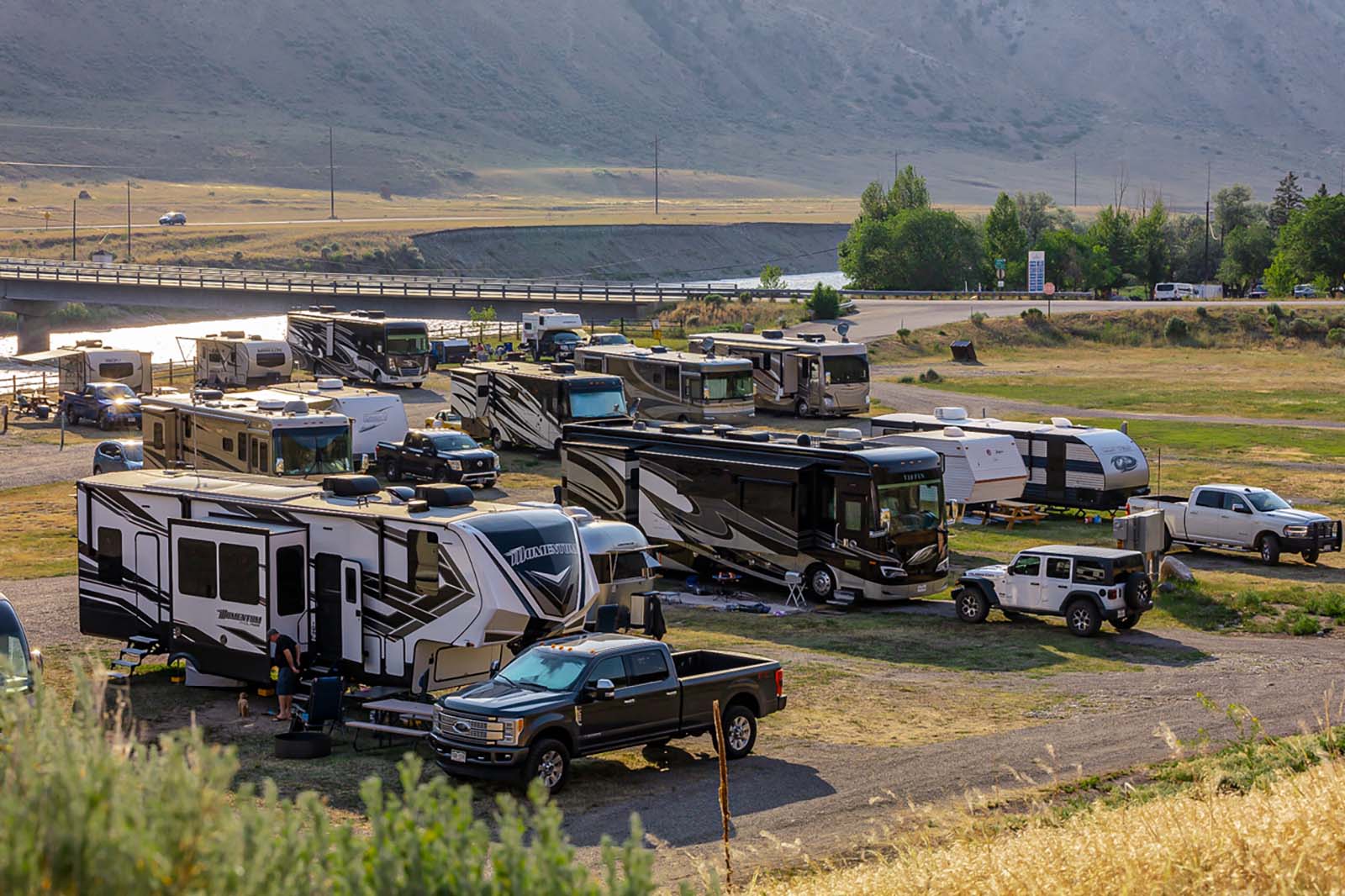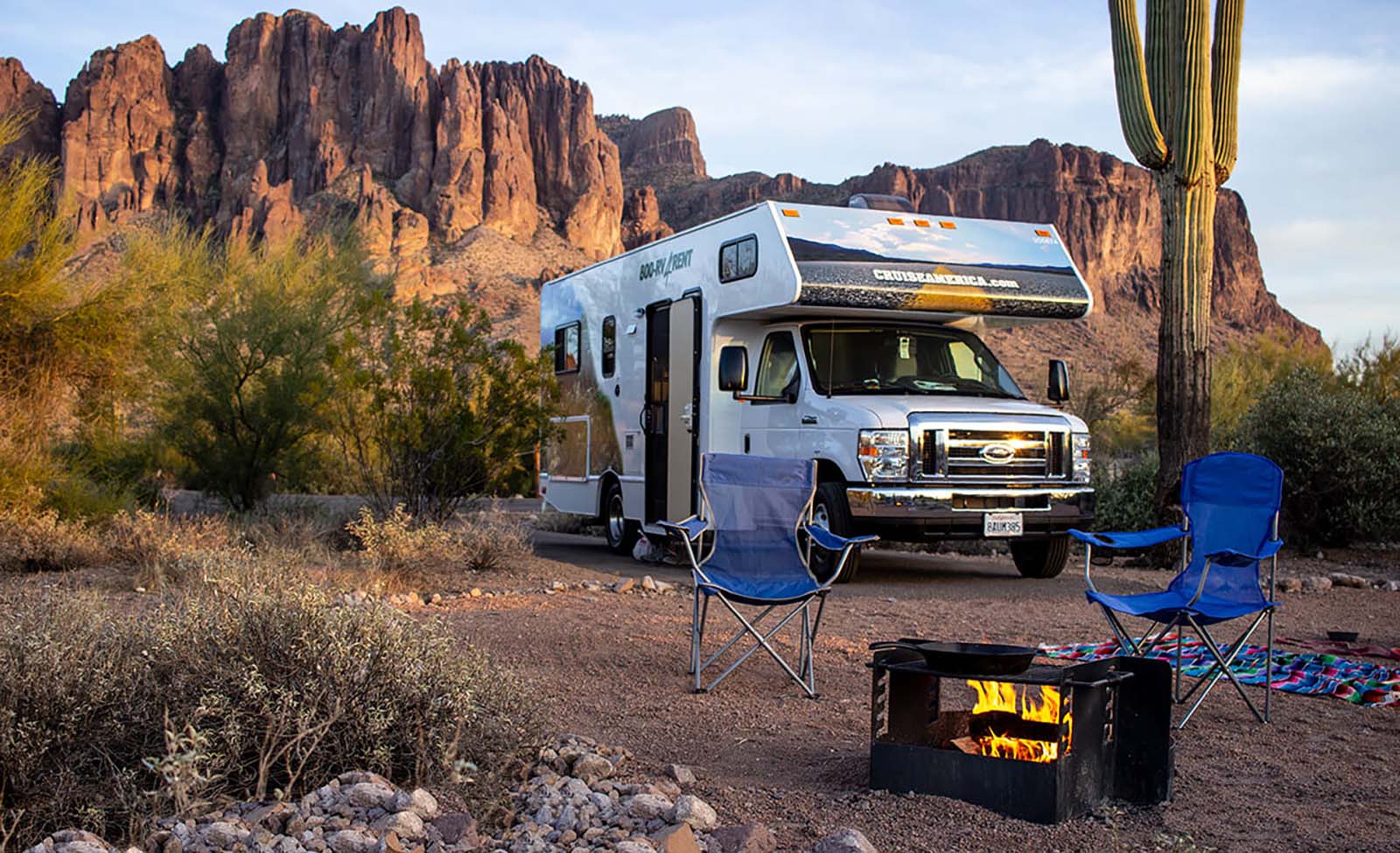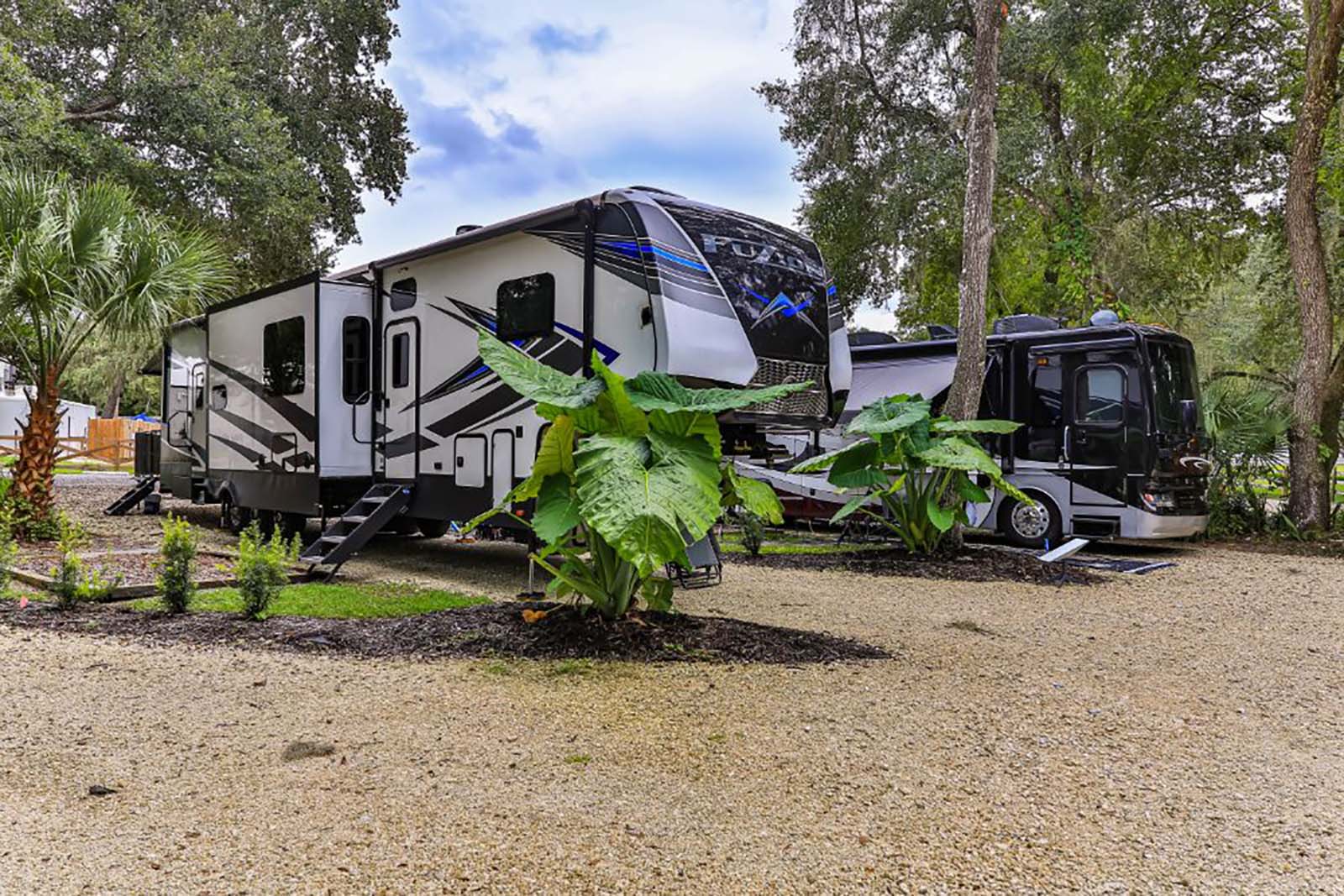Title: Troubleshooting: Why is My RV Battery Boiling?

Introduction (h2) =================
An RV battery boiling is a common issue faced by owners that can lead to significant damage if left unaddressed. This article aims to explore the potential causes behind this problem and provide useful tips for troubleshooting. By understanding the factors contributing to a boiling RV battery, you can take appropriate measures to prevent future damage and ensure a safe and enjoyable journey.
1. Overcharging (h3) ——————– One of the most common reasons for an RV battery boiling is overcharging. When the charging voltage exceeds the recommended level, usually around 14.4 to 14.8 volts, the battery starts to produce excessive hydrogen gas, which leads to boiling. To fix this issue, check your charging system’s voltage output and, if necessary, adjust it to the recommended level.

2. Battery Sulfation (h3) ———————— Sulfation occurs when lead sulfate crystals build upon the battery plates due to prolonged periods of low charge or neglect. This buildup can hinder the battery’s performance and lead to various issues, including boiling. Regularly maintaining and charging the battery, using a smart charger, and avoiding deep discharges can help prevent sulfation and extend battery life.
3. Faulty Voltage Regulator (h3) ——————————- A defective or malfunctioning voltage regulator can cause excessive charging voltage and lead to an RV battery boiling. If the regulator fails to control the charging voltage within the recommended range, it’s crucial to have it inspected and replaced if necessary by a qualified technician.
4. Poor Battery Connections (h3) ——————————- Loose or corroded battery connections can contribute to inefficient charging and discharging, resulting in battery boiling. Regularly inspect and clean the battery terminals and cables to ensure proper electrical contact. Consider using a battery terminal cleaner or a mixture of baking soda and water to remove any corrosion.

5. High Ambient Temperatures (h3) —————————— Extreme heat, especially during summer months, can accelerate battery deterioration and increase the chances of boiling. Ensure your RV battery is adequately ventilated and consider installing a battery venting system to expel excessive heat. Additionally, park in shaded areas whenever possible and avoid exposing your RV to direct sunlight for extended periods.
Conclusion (h2) ================
Regular battery maintenance, including proper charging, cleaning connections, and monitoring voltage levels, can help prevent an RV battery from boiling. By identifying and addressing the potential causes discussed in this article, you can ensure a long-lasting and efficient performance from your RV battery. Remember to always prioritize safety and consult a professional if you’re unsure about any electrical components.

